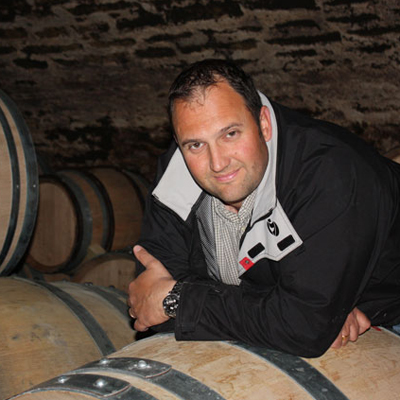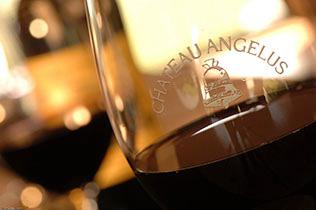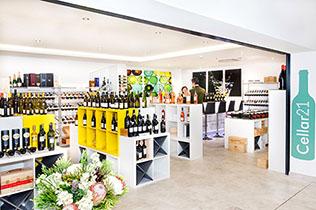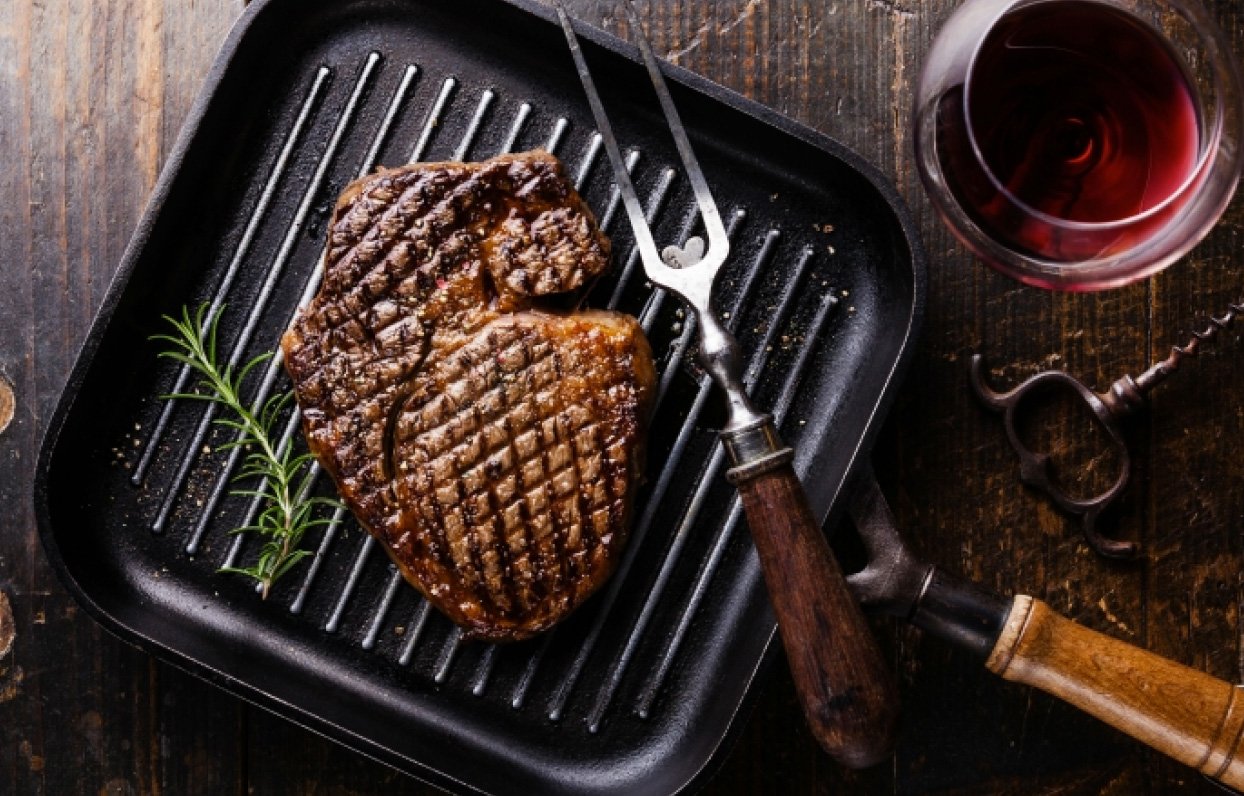

Vincent Latour
Owner & Winemaker at Domaine Vincent Latour
"We employ a “lutte raisonnée” philosophy in our vineyards, where we try to minimise our chemical interventions, but leave ourselves the flexibility to act in the most demanding vintages."
An Introduction to Domaine Vincent Latour
The Latour-Labille family boast a long, rich history and have been making wine in Meursault since 1792! Vincent Latour took over the family Domaine in 1998 from his father Jean, and then when joined by his wife, Cécile, changed the name from Domaine Jean Latour et Labille, to Domaine Latour from the 2010 vintage.
Q&A
Describe yourself in 3 words…
Passionate, jovial, bon-vivant.
How did you get started in the wine trade?
My father was the previous owner of the estate, which I then took over in 1998.
Domaine Vincent Latour is new to our portfolio this year, please provide a brief description of the winery and vineyards…
Since 1792, my family has been making wine here in Meursault, where we have vines in a range of excellent Climats and Premiers Crus. We have recently expanded and renovated our cellar, which now allows us to work better and focus on making wines of the highest quality.
What is the winemaking philosophy at the Domaine?
I aim to produce wines that uphold the quality of the Domaine and the Latour style, with fine concentration balanced to refreshing acidity, whilst simultaneously embracing ingenuity and originality in my winemaking methods.
Do you experiment with any large format vessels? Or any other materials beside oak?
As well as the more usual 228 and 600 litre barrels, I have a range of 2,500 litre oak foudres made to order by the Rousseau tonnellerie in Gevrey-Chambertin, which allow my wines to retain maximum freshness and vitality.
Mindful winemaking (organic/biodynamic/sustainable) is becoming increasingly important to our customers. Is this something you actively employ at the winery?
We employ a “lutte raisonnée” philosophy in our vineyards, where we try to minimise our chemical interventions, but leave ourselves the flexibility to act in the most demanding vintages.
What has been your greatest achievement as a wine maker?
I am very proud of how we have managed to expand and grow the Domaine, while never leaving behind our traditional principles.
Do you have a favourite vineyard? If so, why?
It would be hard to choose a favourite, as each has its own character. As Meursault is what we are best known for, I would have to choose one of our vineyards here. Perhaps the Premier Cru Poruzots, for instance, is one of our flagship vineyards and gives us wines in the classic house style – rich, ripe, and aromatic with beautiful freshness.
What are your thoughts on the perception of Burgundy in today’s Fine Wine market?
Burgundy continues to grow in popularity across the globe and the excellent wines are gaining more recognition for their quality, as well as the talent of the producers.
What challenges do you currently face in the industry?
Meeting the growing demand for Burgundy, particularly when faced with shorter vintages such as 2021. Factors such as the war in Ukraine affecting our supply chain has also been a challenge, with us having to work hard to source materials.
What is your favourite restaurant, and why? (in Meursault, or beyond)
Le Soufflot – great wine list, delicious food and just around the corner from me!




